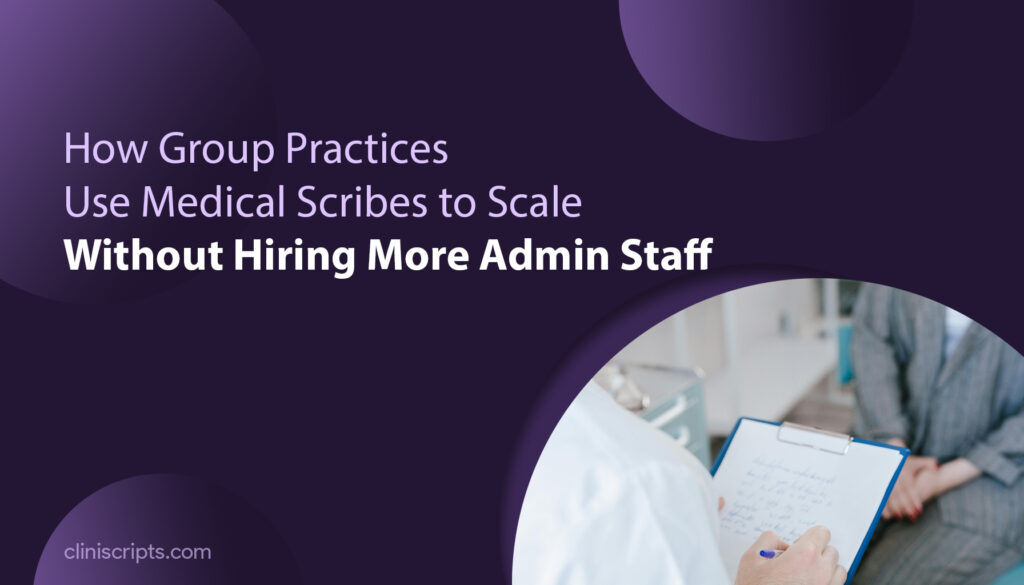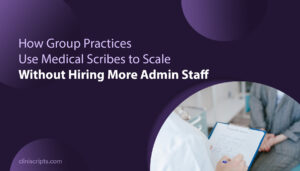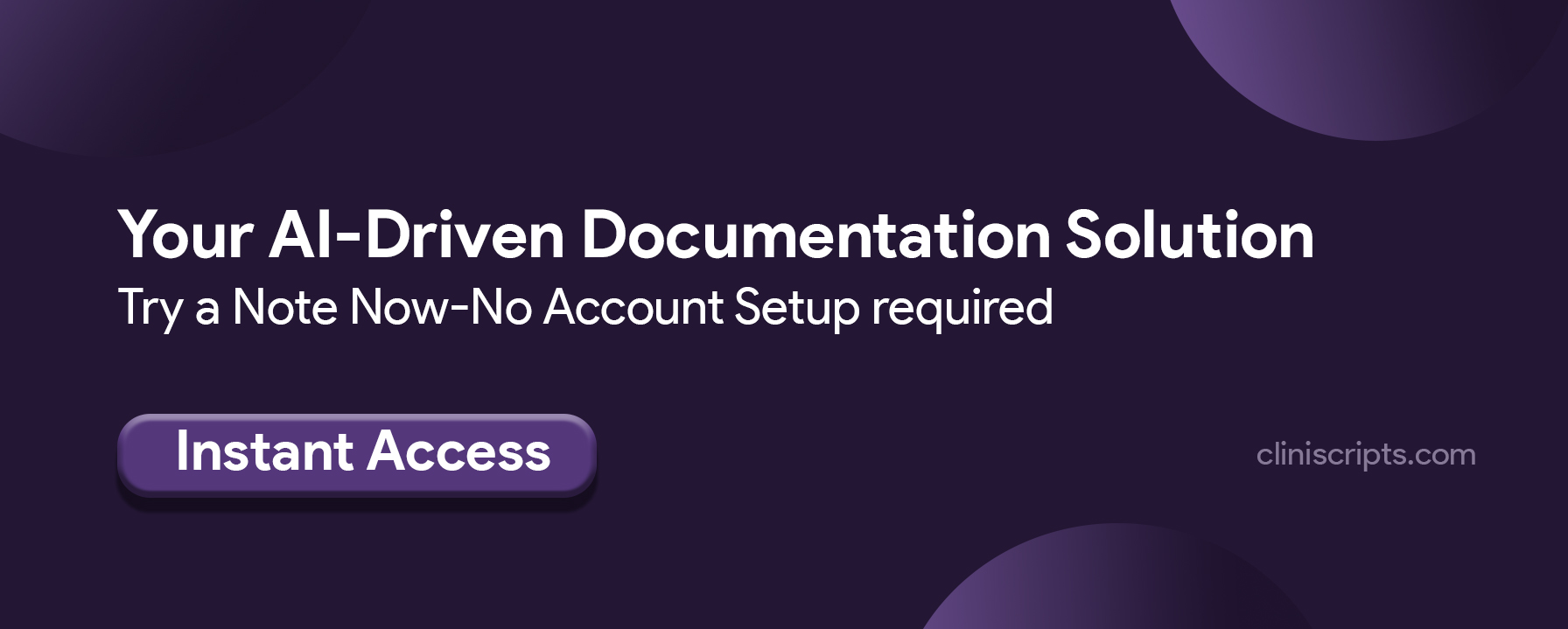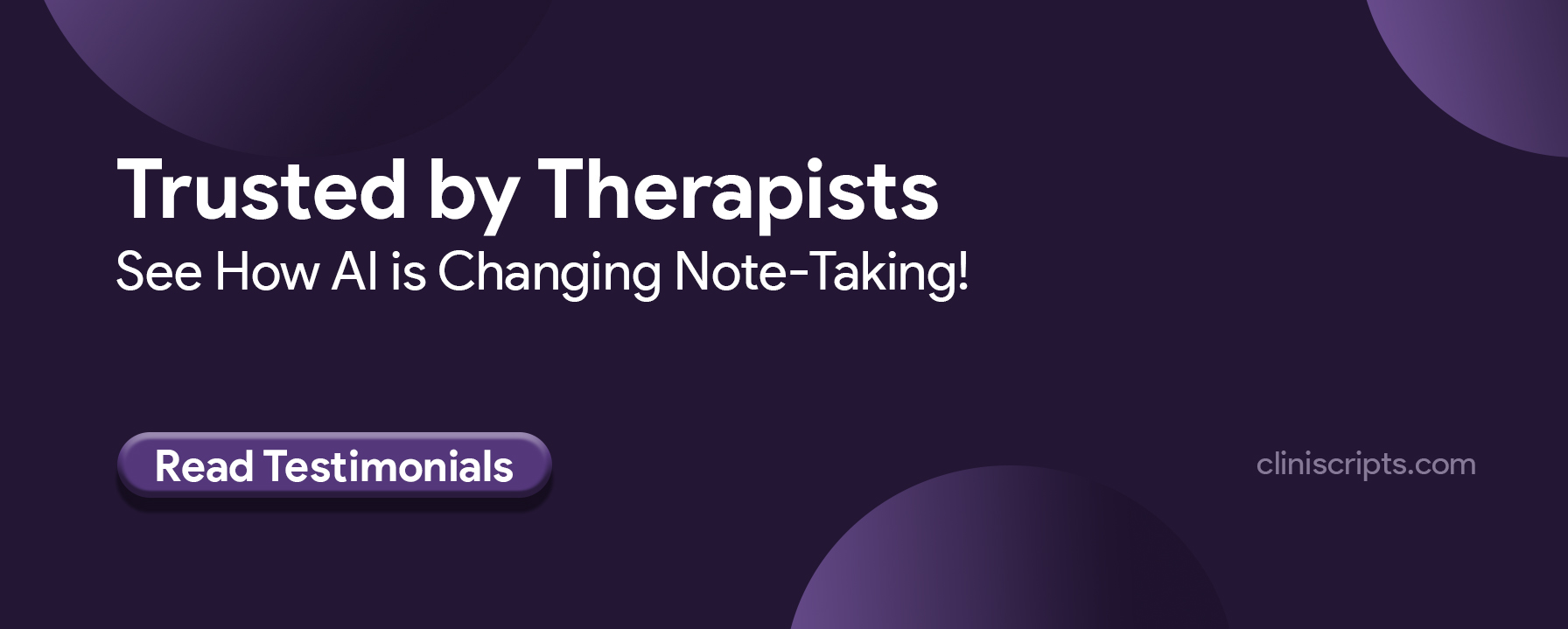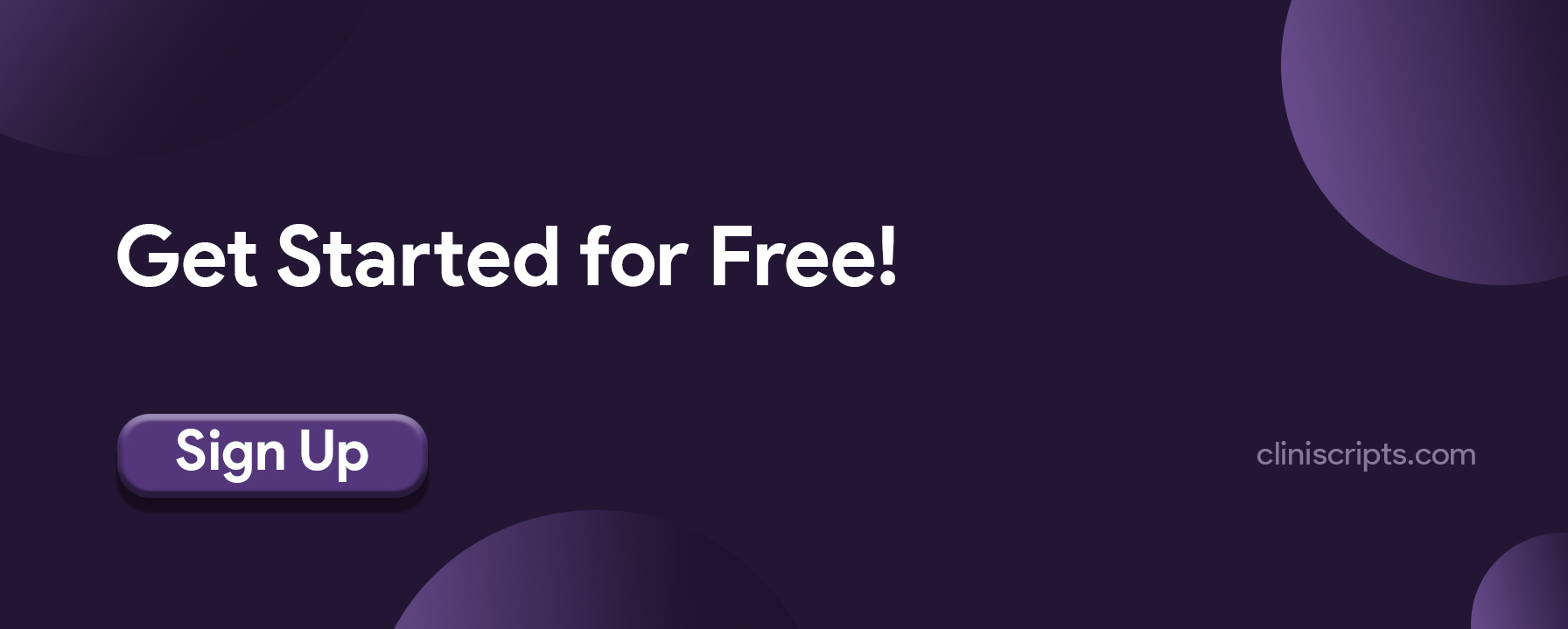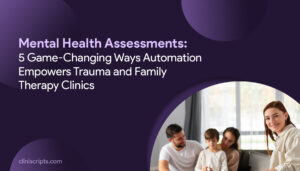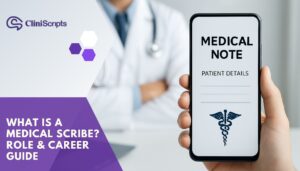Image Credit: Hadiqa AAmar
Medical scribes are rapidly transforming how group practices scale in today’s mental health care environment. With clinician burnout and documentation overload on the rise, many clinics are rethinking how to grow—without relying on more administrative staff. Traditionally, expansion meant hiring more team members to handle tasks like scheduling, documentation, and note taking. But with the help of AI-powered medical scribe tools and workflow automation, clinics are scaling faster while keeping costs under control.
The Real Bottleneck: Administrative Overload in Mental Health Practices
As therapy caseloads increase, so does the burden of note taking, client intake, and compliance documentation. Clinicians spend hours each week on therapy notes, often outside of working hours. For many clinics, this leads to hiring more support staff—but that’s not always scalable, especially for smaller or community-based mental health practices.
How Medical Scribe Technology Is Changing the Game
AI-powered medical scribes offer an elegant solution. These systems passively transcribe audio to text during therapy sessions (with consent), automatically producing structured and editable therapy notes in formats like SOAP and DAP.
Unlike traditional transcription services, today’s AI scribes are smart. They recognize speaker roles, understand clinical language, and even pre-fill details for treatment plans or session summaries. This technology doesn’t just save time—it restores time.
Why Medical Scribes Are Ideal for Mental Health Professionals
For therapists, especially those working in solo or group practices, documentation can quickly become overwhelming. Using AI as a therapy aid allows providers to focus more on client care and less on paperwork.
A recent deep dive report article, in NEJM Catalyst highlighted how large health systems in the U.S. have integrated ambient AI scribes into clinical workflows. It shows what it means for mental health clinics specifically, thus resulting in reduced after-hours work and improved provider satisfaction.
Going Beyond Notes: Full Workflow Automation in Mental Health Clinics
Automation tools now go far beyond just transcribing conversations. Group practices are also implementing:
-
Mental health transcription services that organize and store notes securely
-
Smart forms that auto-populate intake data
-
AI chat assistants to triage new inquiries and schedule appointments
-
Integrated systems for tracking progress and managing compliance
With the right systems in place, clinics can operate with the efficiency of a much larger organization—without hiring additional administrative support.
Scaling Tips: How to Adopt Medical Scribes Successfully
Clinics that successfully scale with automation follow a few key principles:
-
Start with a pilot program using AI for therapy notes
-
Customize output formats based on each provider’s workflow
-
Maintain human review of AI-generated drafts
-
Prioritize tools that support rather than replace clinicians
Final Thought
Growing a mental health practice no longer means hiring more people—it means working smarter. With solutions like AI-powered medical scribe tools and mental health transcription services, clinicians can reduce burnout, enhance client focus, and grow their business sustainably.
For practices looking to stay competitive and compassionate, automation is no longer optional—it’s a clinical advantage.

